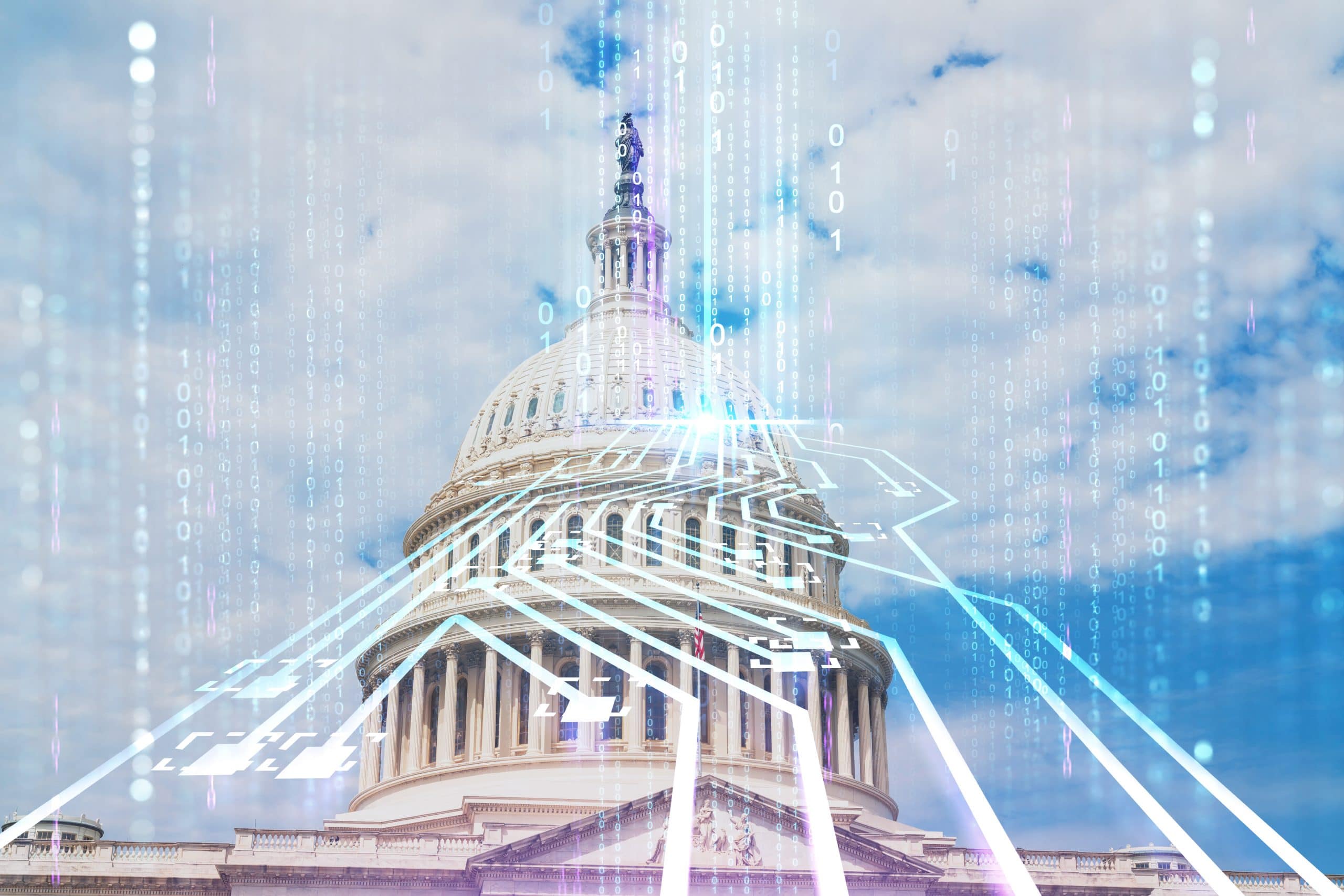Psychotherapeutics aren’t the next big thing—they’re already here. Ketamine has already been helping Utah patients for years.
Ketamine was developed in the 1960s as an anesthetic. It was widely used during the Vietnam War to quickly put soldiers under so that amputations and other medical operations could be performed.
However, at subanesthetic doses, ketamine has very different effects. Instead of knocking people out, it produces a psychedelic experience. This includes more obvious effects such as auditory and visual hallucinations and changes in the perception of space and time, but also more subtle changes to the mind. Patients often describe temporarily losing their sense of self, gaining a new perspective, and receiving novel insights.
These changes are symptomatic of what is happening to the brain at a fundamental level. Ketamine promotes brain plasticity, making it easier for the brain to form new synapses and therefore new thought patterns and habits.
This is why ketamine has been used off-label for decades to treat multiple mental illnesses. In conjunction with therapy, patients are able to rewire their brains in more productive ways. Ketamine-assisted therapy has been effective in treating patients with depression, anxiety, PTSD, bipolar disorder, obsessive compulsive disorder, eating disorders, addiction, and even autism spectrum symptoms.
Because ketamine-assisted therapy helps patients address maladaptive thinking patterns, rather than just temporarily suppressing symptoms, results are often long-lasting or even permanent.
Ketamine clinics have been quietly operating throughout the US, including Utah, for years. During this time, tens of thousands of patients have been helped, and the safety of ketamine has been proven.
In 2017, Utah began requiring healthcare providers to report any adverse events that occur during outpatient anesthesia, including ketamine. While several serious events have occurred involving anesthesia during dental procedures, subanesthetic doses of ketamine have not produced a single adverse event. Psychotherapeutic treatment is apparently safer than getting a tooth pulled.
It’s true that psychotherapeutics, like many other medications, have historically been abused. Ketamine itself is sometimes used as a club drug. However, the fact that some people have misused medications is a poor excuse to deprive everyone of their use in a legitimate, medical context.
Psychotherapeutics, ketamine excluded, are illegal, which ironically drives many people who are suffering from mental illness to use them without the benefit of professional guidance and supervision. This increases the risk of misuse and side effects, the very complications prohibition is trying to avoid. Conversely, because ketamine is legal, patients can access treatment in a safe, supervised setting with the aid of a therapist to help them obtain maximum benefit.
Ketamine-assisted therapy has proven that psychotherapeutic medicine can be safe and effective. Patients are overcoming mental illnesses and living better, fuller lives; they are untethering themselves from a lifetime of prescription medication and doing it without any downside.
Other psychotherapeutics, like psilocybin and MDMA, promise to be similarly safe and effective. Utah’s experience with its first legal psychotherapeutic—ketamine—should give Utahns confidence that other psychedelics can also be made safely available to patients.






